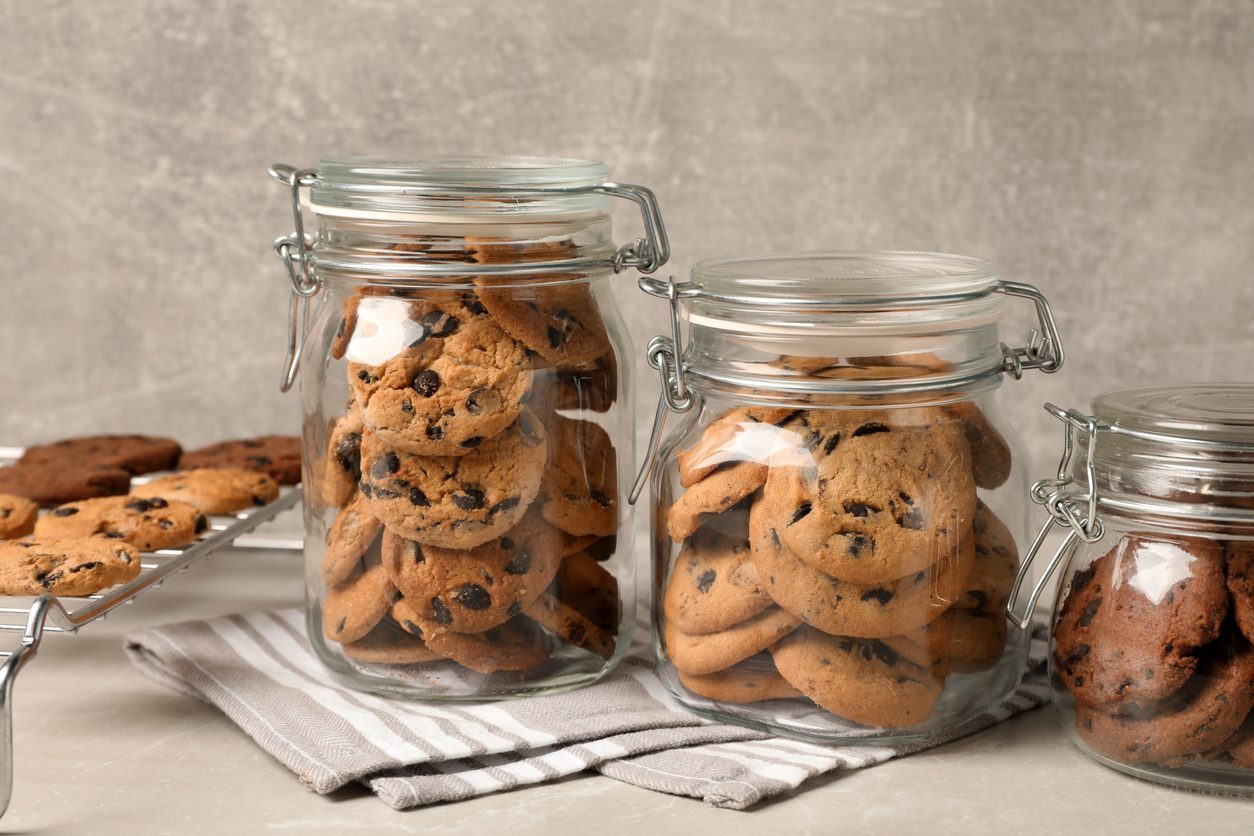
How to Freeze Eggs: The Right Way to Do It For Having Always Fresh Eggs At Hand!
Yes, you can freeze eggs by cracking and gently beating them before storing in a freezer-safe container. Do not freeze eggs in their shells or as whole eggs to avoid spoilage and shell cracking. Thaw frozen eggs in the fridge for use in cooked dishes. Freezing cooked eggs is possible but may change their texture.

Eggs are a staple in many kitchens due to their versatility and nutritional value. But what happens when you have more eggs than you can use before they go bad? Freezing eggs can be an effective solution, extending their shelf life and ensuring you always have them on hand for cooking and baking.
Is It Possible to Freeze Eggs?
Yes, it is entirely possible to freeze eggs, although there are specific methods you must follow to ensure they remain safe to use and retain their quality. Freezing eggs improperly can lead to texture and flavor changes that make them unsuitable for certain recipes.
How to Freeze Eggs
To successfully freeze eggs, you should never freeze them inside their shells or as whole eggs. Instead, follow these steps to prepare them for freezing.
Start by cracking the eggs into a clean bowl. To help preserve their texture and prevent the yolks from becoming too gelatinous upon freezing, gently beat the eggs until the yolks and whites are just blended. Do not whip air into the mixture, as this can affect the texture when thawed. Pour the beaten eggs into a freezer-safe container, such as an ice cube tray or small airtight containers. This method allows you to easily portion the eggs for later use.

Be sure to leave some headspace in the containers as the eggs will expand when frozen. Mark the containers with the date and number of eggs in each. This step is crucial for keeping track of how long the eggs have been stored. Freeze the containers. Once solid, you can transfer the frozen egg blocks into a freezer bag to save space.
Using Frozen Eggs
To use the frozen eggs, thaw them overnight in the refrigerator or under running cold water. Once thawed, they are best used in cooked dishes such as omelets, baked goods, or scrambled eggs. They may not be suitable for recipes requiring raw eggs, such as certain sauces or custards.

Frequently Asked Questions
– Can I Freeze Raw Eggs? Freezing uncooked eggs is safe as long as they are not frozen inside the shell. The expansion of the liquid can cause shells to break, leading to potential bacterial contamination.
– Can I Freeze Eggs Inside Their Shell? It is not advisable to freeze eggs inside their shells due to the risk of the shell cracking and the egg spoiling.
– Can I Freeze a Whole Carton of Eggs? You should not freeze a whole carton of eggs. Instead, crack and blend them as described above to ensure quality and safety.
– Can I Freeze Cooked Eggs? Cooked eggs, particularly those that have been scrambled or made into omelets, can be frozen but may undergo texture changes. Hard-boiled eggs, particularly the whites, can become rubbery and watery when frozen.
;Resize,width=767;)
;Resize,width=712;)


